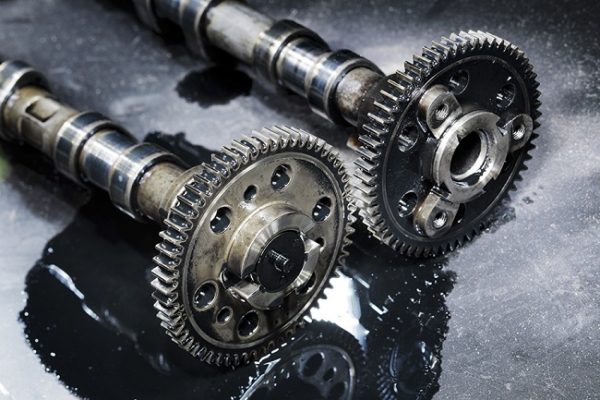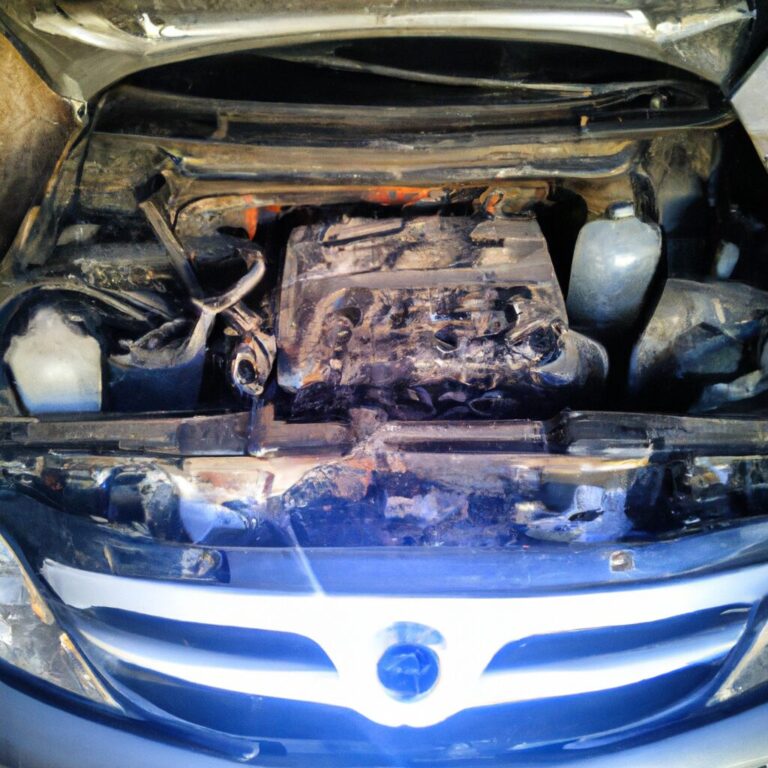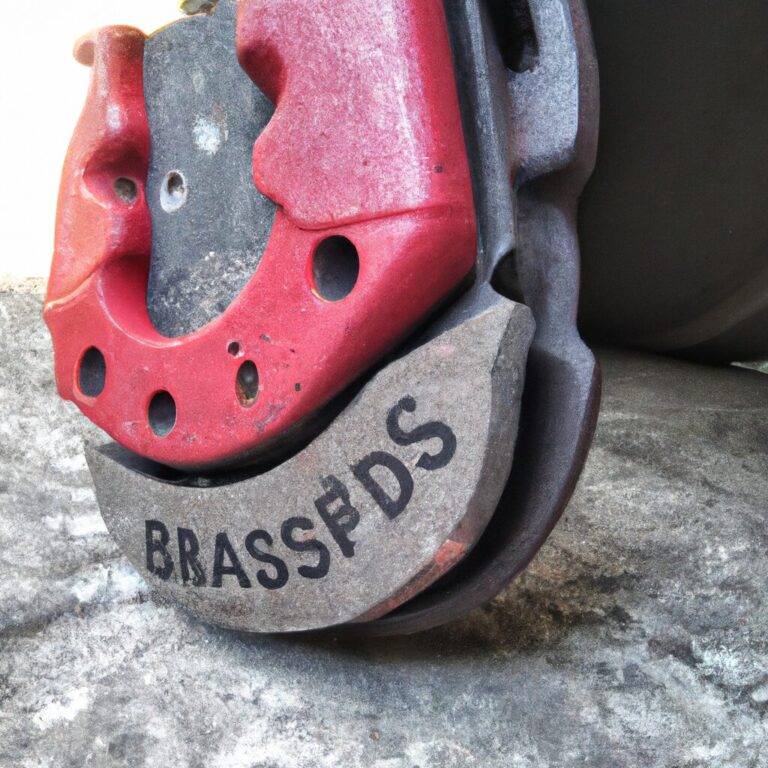How to Fix Oil Consumption
To fix oil consumption, first identify leaks and seal them. Consider replacing worn piston rings.
Address maintenance issues promptly to prevent further oil loss. Consult a mechanic for accurate diagnosis and repair recommendations. Oil consumption can lead to engine damage if left unresolved. Regularly checking oil levels and addressing any issues promptly can extend the life of your vehicle and prevent costly repairs in the future.
By understanding the root cause of oil consumption and taking proactive steps, you can ensure the smooth operation of your vehicle and avoid expensive repairs down the line.
Understanding Oil Consumption Issues
Experiencing oil consumption issues in your vehicle? Discover effective solutions to fix oil consumption problems and ensure optimal engine performance. Upgrade your knowledge and find expert guidance on understanding oil consumption issues.
Understanding Oil Consumption Issues: What is oil consumption and why is it a problem? Oil consumption refers to the rate at which an engine consumes motor oil between oil changes. When oil consumption is excessive, it can lead to various complications, including engine damage, decreased fuel efficiency, and environmental pollution. It is necessary to comprehend the causes and implications of oil consumption to address the issue effectively. Symptoms of oil consumption issues Symptoms of oil consumption issues: – Frequent need to add oil – Smoke from the exhaust – Decreased fuel economy – Low oil level between oil changes Understanding these signs of oil consumption is crucial for identifying and resolving potential issues early.
Credit: blog.1aauto.com
Identifying The Cause Of Oil Consumption
To fix oil consumption, it’s crucial to identify the root cause. Leaks, worn piston rings, and valve guide seals are common culprits. Proper diagnosis can pinpoint the issue, leading to effective solutions and preventing further engine damage. Regular maintenance and prompt repairs are key to resolving oil consumption.
In identifying the cause of oil consumption, it’s crucial to understand the common factors and methods for diagnosing issues.Common Causes Of Oil Consumption
How To Diagnose Oil Consumption Issues
1. Check for visible oil leaks under the vehicle. 2. Perform a compression test to assess the health of the piston rings. 3. Inspect the spark plugs for oil deposits, indicating potential issues. 4. Monitor oil levels consistently to track consumption patterns. When diagnosing oil consumption problems, thorough examination and testing are essential to pinpoint the root cause effectively.Implementing Preventive Measures
Regular oil changes and maintenance play a vital role in reducing oil consumption.
Choosing the right oil for your vehicle is crucial to prevent excessive oil consumption.
Addressing external oil leaks can help minimize oil loss in your engine.
Credit: forums.genvibe.com
Repairing Oil Consumption Issues
Oil consumption issues in a vehicle can lead to various problems, including engine damage and decreased fuel efficiency. It is essential to address these issues promptly to prevent long-term damage to your vehicle. Below are some key methods for repairing oil consumption problems.
Replacing Worn-out Piston Rings
Worn-out piston rings can contribute to oil consumption problems in an engine. When the piston rings wear out, they allow oil to pass into the combustion chamber and be burned along with fuel. To fix this issue, replacing the worn-out piston rings is essential. This repair should be done by a qualified mechanic to ensure proper installation and functioning.
Fixing Valve Stem Seals
Valve stem seals that are worn or damaged can cause oil to leak into the combustion chambers, leading to oil consumption issues. Fixing valve stem seals involves replacing the seals to prevent oil from entering the cylinders. This repair is crucial for addressing oil consumption problems and should be carried out by a skilled technician.
Repairing Pcv System
The PCV (Positive Crankcase Ventilation) system plays a vital role in reducing oil consumption by recycling blow-by gases. If the PCV system is faulty or clogged, it can cause oil to be drawn into the combustion chambers, leading to increased oil consumption. Repairing the PCV system involves cleaning or replacing the system components to ensure proper functioning and prevent oil consumption issues.
Additional Tips And Considerations
When dealing with oil consumption issues in your vehicle, there are some additional tips and considerations that can help you address the problem effectively. By monitoring oil levels and consumption, seeking professional help when needed, and taking steps to prevent future oil consumption issues, you can ensure the longevity and performance of your vehicle.
Monitoring Oil Levels And Consumption
Regularly monitoring your vehicle’s oil levels and consumption is essential in identifying any potential issues and addressing them promptly. Here are some ways to effectively monitor your oil levels:
- Check the oil dipstick regularly, ensuring that the oil level falls within the recommended range.
- Inspect for any signs of oil leaks under your vehicle and address them accordingly.
- Pay attention to the color and consistency of the oil. If it appears dirty or has a milky consistency, it may indicate an internal issue that requires attention.
Seeking Professional Help When Needed
While you can perform basic checks and maintenance tasks, it is important to consult a professional mechanic when dealing with oil consumption issues. Here are some instances where seeking professional help is necessary:
- If you notice a significant decrease in oil levels within a short period, it may indicate a more severe underlying problem that requires professional diagnosis.
- If your vehicle is exhibiting other symptoms such as excessive smoke from the exhaust, unusual noises, or loss of power, it is crucial to have a professional inspect and identify the root cause.
- If you attempt to fix the oil consumption issue yourself but are unable to resolve it, seeking professional assistance can prevent further damage and ensure a proper repair.
Preventing Future Oil Consumption Issues
Preventive measures are key to avoiding oil consumption issues in the future. By following these tips, you can minimize the chances of encountering similar problems:
- Stick to the recommended oil change intervals and use the correct type and viscosity of oil for your vehicle.
- Avoid harsh driving habits such as excessive speeding, aggressive acceleration, and sudden braking, as these can put additional strain on the engine.
- Regularly inspect and replace worn-out or damaged engine components such as gaskets, seals, and piston rings, as they can contribute to oil consumption issues.
- Stay proactive by addressing any oil leaks or drips promptly, as these can escalate into more serious problems if left untreated.
- If you have an older vehicle, consider using oil additives specifically designed to reduce oil consumption and improve engine performance.

Credit: m.youtube.com
Frequently Asked Questions For How To Fix Oil Consumption
How Do I Fix The Oil Consumption In My Car?
To fix oil consumption in your car, check for leaks, change the PCV valve, maintain proper engine maintenance, and use high-quality synthetic oil.
How Can I Reduce My Oil Consumption?
To reduce oil consumption, maintain proper tire pressure, drive at a consistent speed, and avoid rapid acceleration and braking. Regular vehicle maintenance and using synthetic oils can also help decrease oil usage. Additionally, consider carpooling or using public transportation to reduce overall fuel consumption.
How Much Does It Cost To Fix Oil Consumption?
The cost to fix oil consumption can vary depending on the cause and extent of the issue. It typically ranges from $500 to $2,000. Factors such as the make and model of the car and labor costs can affect the final price.
Professional diagnosis is key.
Can You Fix An Engine That Burns Oil?
Yes, an engine that burns oil can be fixed.
What Are The Causes Of Excessive Oil Consumption In Vehicles?
Excessive oil consumption in vehicles can be caused by worn piston rings, valve guide seals, or an oil leak.
How Can I Check If My Vehicle Is Consuming Too Much Oil?
You can check if your vehicle is consuming too much oil by monitoring the oil level regularly and looking for signs of oil leaks or excessive exhaust smoke.
Can Changing The Oil Type Help Reduce Oil Consumption?
Changing the oil type to a higher viscosity or synthetic oil can sometimes help reduce oil consumption, but it depends on the underlying cause of the issue.
Conclusion
Solving oil consumption issues can prolong the life of your vehicle and save you from costly repairs. By understanding the causes and implementing the recommended solutions, you can ensure a more efficient and reliable performance from your engine. Stay proactive in monitoring and maintaining your oil levels, and your vehicle will thank you with smoother, hassle-free drives.


